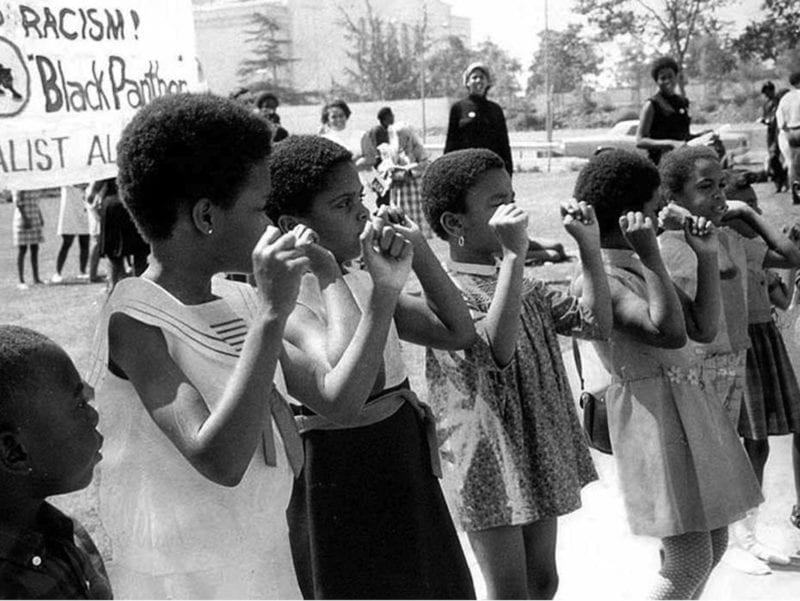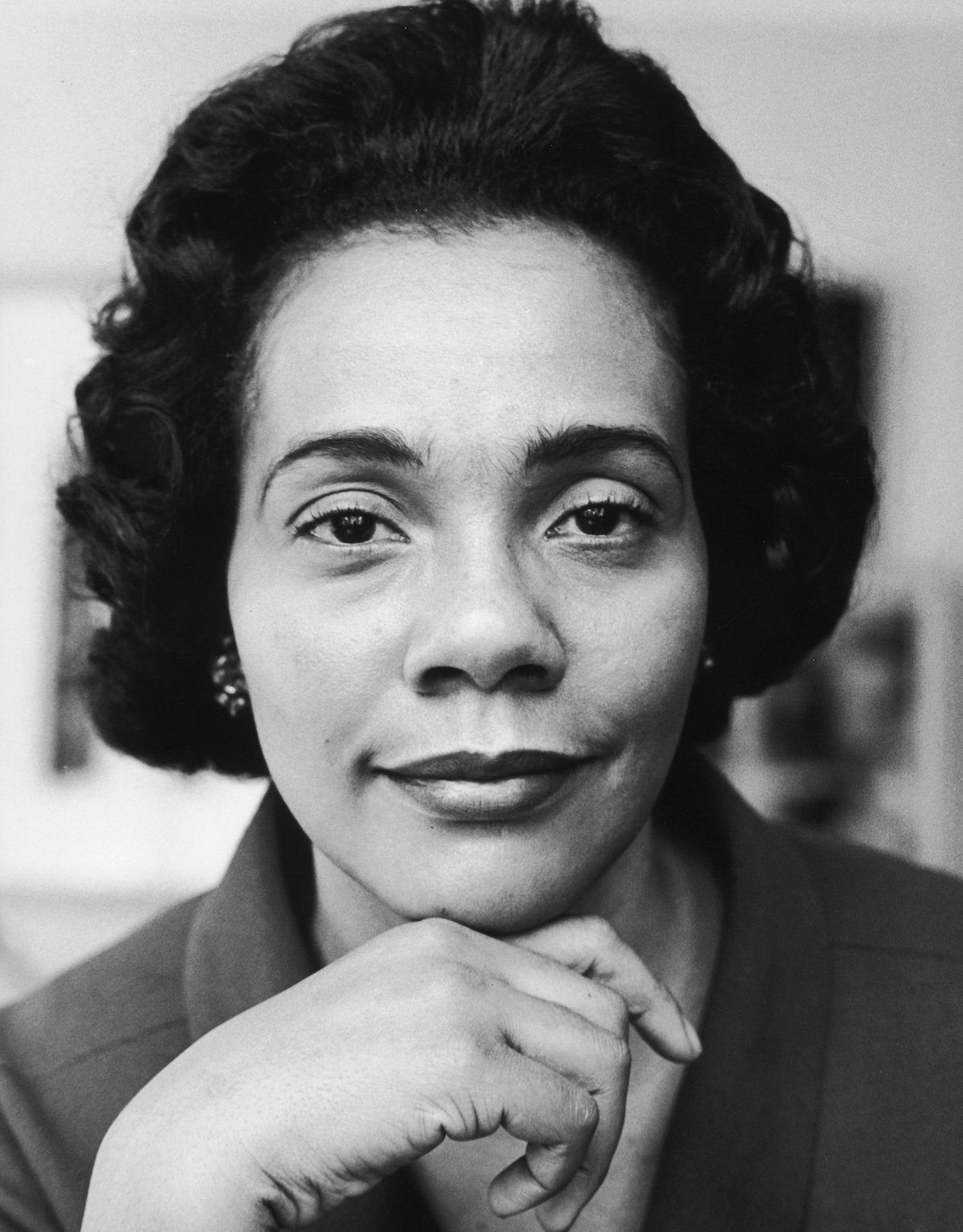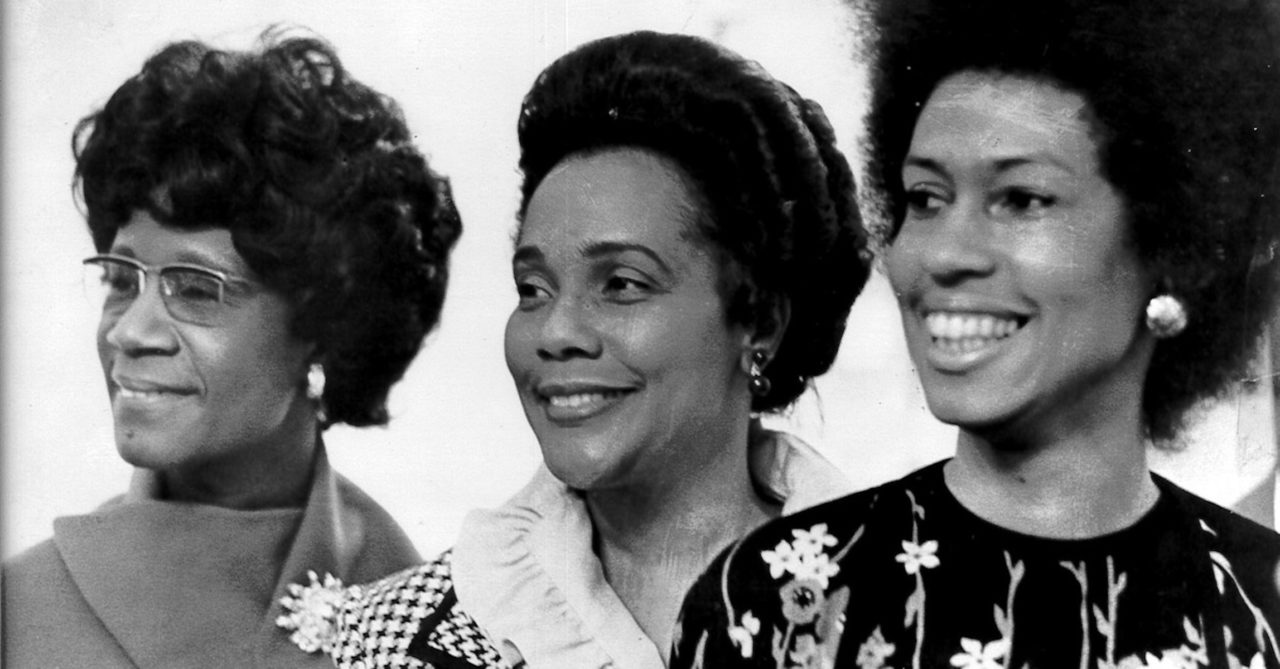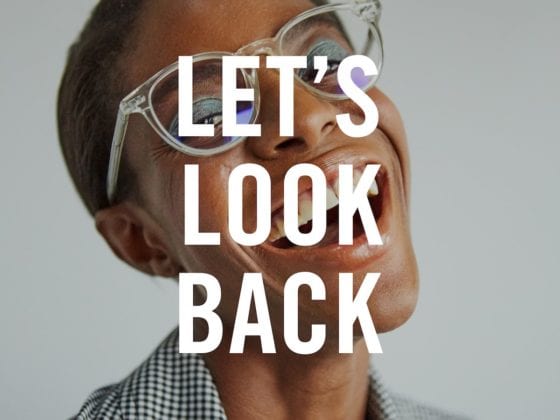The more you know of your history the more liberated you are. – Maya Angelou
I remember watching a scene in the movie “Hidden Figures” where one of the characters goes to the library to borrow a book. She needed the book to help her prepare for added responsibilities at work. She was told she would have to leave the library because it was for Whites Only and even though the library for Colored people didn’t have that book, she still couldn’t borrow it.
(Spoiler alert!) She ends up stealing the book and teaching herself a new computer code. I left the theatre thinking about all the other “hidden figures” out there. Pioneers of color who defied all odds to achieve their dreams, built a better future for the next generation and yet, their stories remain untold.
I, also, realized that I had never thought about libraries being segregated. Not only was access to quality public education limited, but the color of your skin determined if you could learn independently. Growing up I basically lived in my hometown library, devouring any book I could get my hands on. My love for reading and learning is core to who I am and I can’t imagine being denied that opportunity.
Once again, I breathed a word of gratitude to all those who went before me and fought the good fight.
I’m a woman in my mid-thirties and I’m still learning so much about black history in our country. Of course, I took all the relevant history classes in elementary and high school, but much of black history has been left out or whitewashed in our history books. I’m so grateful for movies like “Hidden Figures,” “Loving,” “Selma” and so many others that help to bring to life the rich, diverse and challenging history of the black experience in the United States.
I’m grateful for museums like the National Civil Rights Museum, DuSable Museum and the National Museum for African American History and Culture that capture both the struggle and the celebration. I’m grateful for the books, articles, mentors and professors who help to transport you to a different space where history is breathed in and the future is reimagined. Through these experiences, you begin to feel the power of the ancestors standing with us amidst the challenges of today and whisper “keep going.” Black history is American history and when the stories go untold, we miss out on a critical part of our collective history.
Through these experiences, you begin to feel the power of the ancestors standing with us amidst the challenges of today and whisper ‘keep going.’
Without a complete understanding of our history, we are doomed to repeat it. Even today we’re caught up in debates about the confederate flag, we’re seeing a rise in white supremacist groups and we continue to demand racial equality. We can’t fully engage in these discussions without a shared understanding of our history.
At the same time, we’re seeing black people make history in almost every industry and we celebrate these accomplishments.
Earlier this month, Oprah became the first African-American woman to receive the Cecil B. deMille Award at the Golden Globes. During her inspiring acceptance speech, she not only paid homage to her mother and Sidney Poitier, but she also used her moment to tell the story of Recy Taylor and remind us that black women have been fighting rape culture and systemic injustices for a long time. She reminded us that we’re standing on the shoulders of countless women, from all walks of life, as we continue to share our stories and resist patriarchal systems.
Black History Month is reminder of how far we have come and how far we have to go as a nation. Each February, I commit to learning something new about black history. Whether it’s through a book, a documentary or visiting a local museum, I want to keep learning. I also want to celebrate the black people who have paved the way for me and those that are creating new norms today.
What stories will you uncover during Black History Month? If you are looking for a place to start, consider learning more about two of my heroes:
Ida B Wells was an African-American journalist, newspaper editor, suffragist, sociologist and leader in the Civil Rights Movement. Or pick up a book by Zora Neale Hurston. Zora was an American novelist, short story writer, folklorist and anthropologist known for her contributions to African-American literature and her portrayal of racial struggles in the American South.
Black History Month is for all of us. To dismiss it is to ignore a crucial part of the American story. We have to complete the American narrative by making sure we include the history of the native people, black people and all other minority groups whose powerful stories often remain untold.
Whose story has inspired you?
Feature Image via Roz Payne Archive, “Panther Girls—Oakland, California, 1969”













